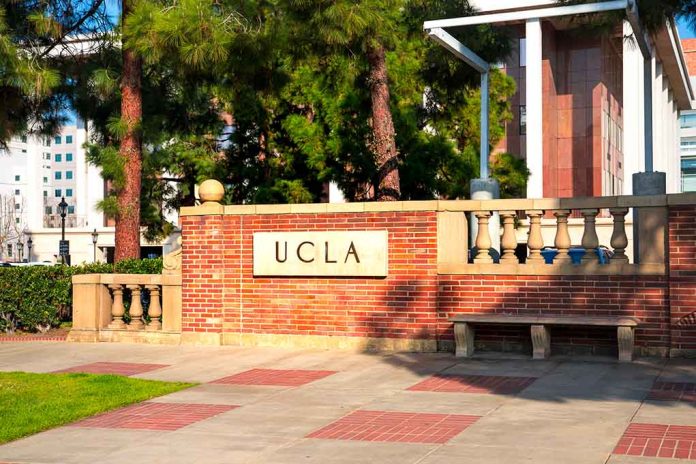
(RightWing.org) – When the Supreme Court reversed the 1973 Roe v Wade decision in June 2022, many states started to re-evaluate their abortion laws. California, on the other hand, doubled down on its existing policies — including a 2019 law that promotes abortion pills on college campuses. The result should have been easily predictable.
Democrat Policy Pushes Pill to Students
On October 11, 2019, California Governor Gavin Newsom (D) signed Senate Bill 24, which funded the supply of abortion pills through health centers on college campuses and required all student health services to provide the medication. The bill was expected to cost taxpayers around $173,000 to set up — not including the cost of the actual drugs.
Abortion pills are controversial, and not all the opposition comes from people who believe abortion is wrong. Last year, the attorneys general of 20 states warned pharmacies that it is a federal crime to send the medications by mail, and pointed out that the pills are almost six times as likely to cause complications as surgical abortions. California’s ultra-liberal state government has gone ahead with the program, though, and all students at the state’s colleges now have easy access to abortion pills if they want them.
Predictably, the result has been a spike in abortions among students. The latest report from the California Commission on the Status of Women and Girls shows that 427 abortions were performed in the state’s college system in 2023, at a cost of $1,847,306. Of that, $926,506 came from taxpayer-funded grants.
Numbers Could Grow
Pro-life advocates are warning that the number of abortions in California’s colleges is rising since Newsome signed SB24, but it’s possible that number could grow even more — because, right now, many students don’t know student health centers can provide the medication.
It turns out that while most colleges lean heavily liberal, they’re still not huge fans of handing abortion pills to their students. Before the bill was passed, colleges were unusually reluctant to endorse it, citing worries about how much it would cost them and whether they’d be liable for complications that happened on their campuses.
It seems they’re minimizing cost and risk by simply not telling students about the service. If that changes, or the state government runs its own information campaign, the number of students using it could surge again. California shows no sign of backing down, though, even if the tide is against them nationally.
Copyright 2024, RightWing.org






















